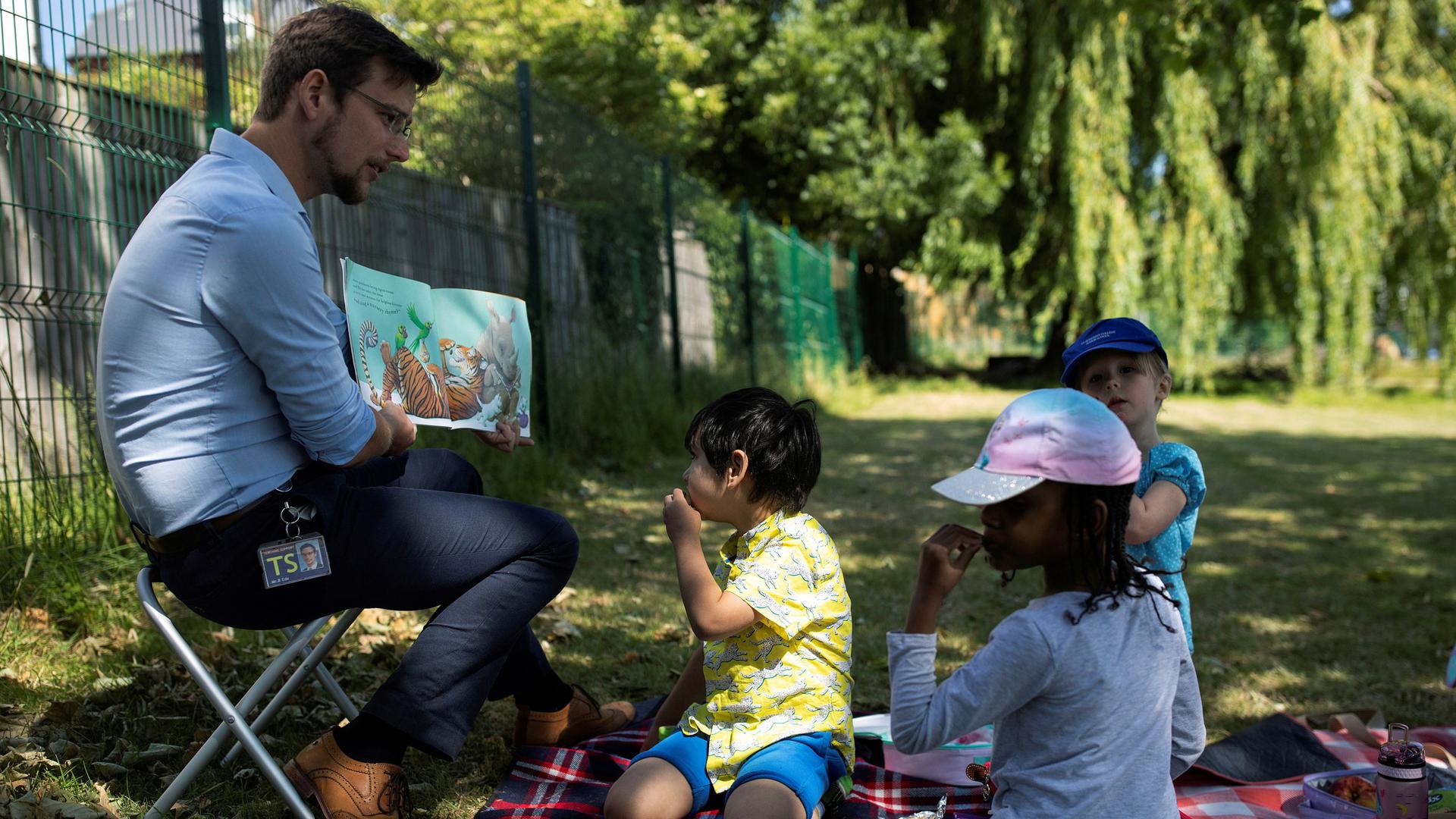Last Friday, the US celebrated Juneteenth — the day in 1865 when the news that slavery had ended finally reached Texas, over two years after the Emancipation Proclamation was issued.
Many Americans probably did not learn the history of June 19 in school. But the protests that came together after George Floyd’s killing in Minneapolis have brought attention to the way racism impacts every aspect of society — including what students learn in the classroom about race and history.
This reexamination isn’t just happening in the US. In the UK, an organization called The Black Curriculum has been pushing for Black history to be taught nationwide, as well as creating lesson plans and leading student workshops and teacher trainings.
“In schools currently, the teaching of Black history is limited to Black History Month, which in the UK is in October,” said Lavinya Stennett, founder of The Black Curriculum.
“What we see is a lack of narratives around Black people in Britain. That fundamentally is presenting a very false view of British history because we know Black people have been here since Roman times.”
“What we see is a lack of narratives around Black people in Britain. That fundamentally is presenting a very false view of British history because we know Black people have been here since Roman times,” she continued.
The Black Curriculum has created lessons around a number of topics in Black history, including arts and culture, migration, law and the environment.
Stennett says some of those were inspired by things she learned from her own culture but were never discussed in a school setting. She points to the Notting Hill Carnival, one of the largest street parties in Europe, which was created by a Black woman named Claudia Jones who was born in Trinidad and Tobago.
“I’m from a Jamaican background, and every year we have Notting Hill Carnival, and at home, we would play reggae music. So there were certain introductions in my personal life that I knew, in terms of my history and where it came from, but in terms of learning it at school there was no kind of introduction to that at all,” Stennett said. “That’s what our syllabus is about: It’s about bridging history with contemporary themes today.”
Related: Police reform requires culture change, not just diversity, advocates say
Stennett says learning this history in the classroom not only empowers students but also makes them excited to learn.
“When you’re confronted with new knowledge it can make you uncomfortable. But at the same time if you’re learning about your own identity and your own culture, it’s really powerful.”
“When you’re confronted with new knowledge it can make you uncomfortable. But at the same time if you’re learning about your own identity and your own culture, it’s really powerful,” she said.
Part of The Black Curriculum’s work recently has been to campaign for Black British history to be a nationwide requirement in schools. But Stennett says the organization received a response from the government Tuesday arguing that the national curriculum already provides teachers with the flexibility to teach Black history if they wish.
Stennett said the response was disappointing, but that The Black Curriculum’s work would continue.
“It just takes us back to why we’re doing what we’re doing,” Stennett said. “It’s really important that Black history’s not seen as an addition, but as an integral part of our culture. It’s British history. It’s not just for Black people and it’s not just about Black people. It’s about the nation and the future of Britain as well.”
